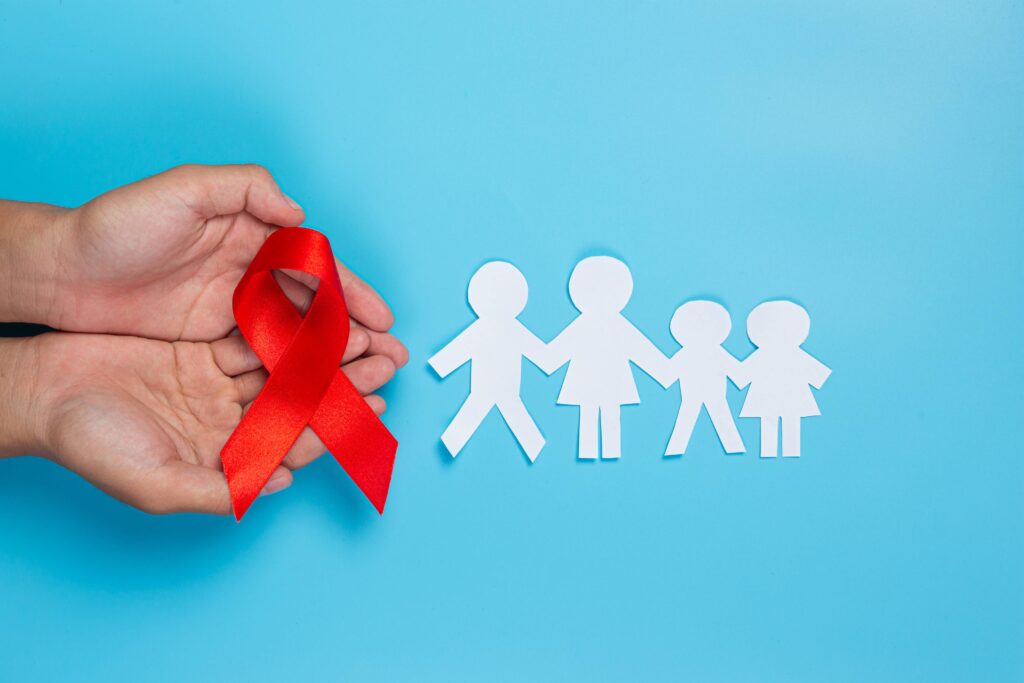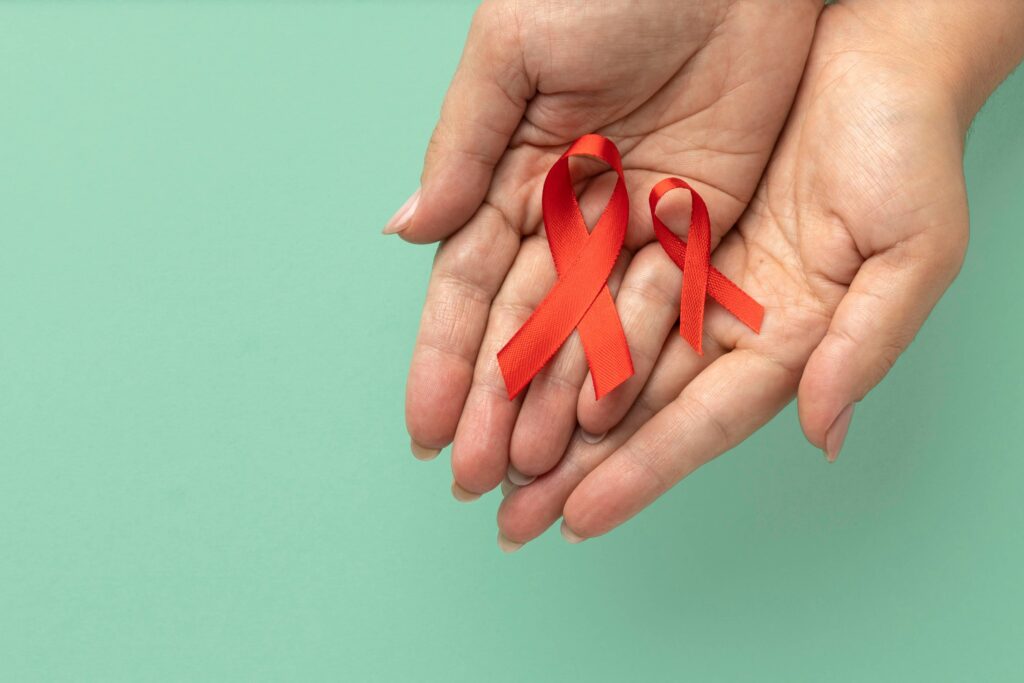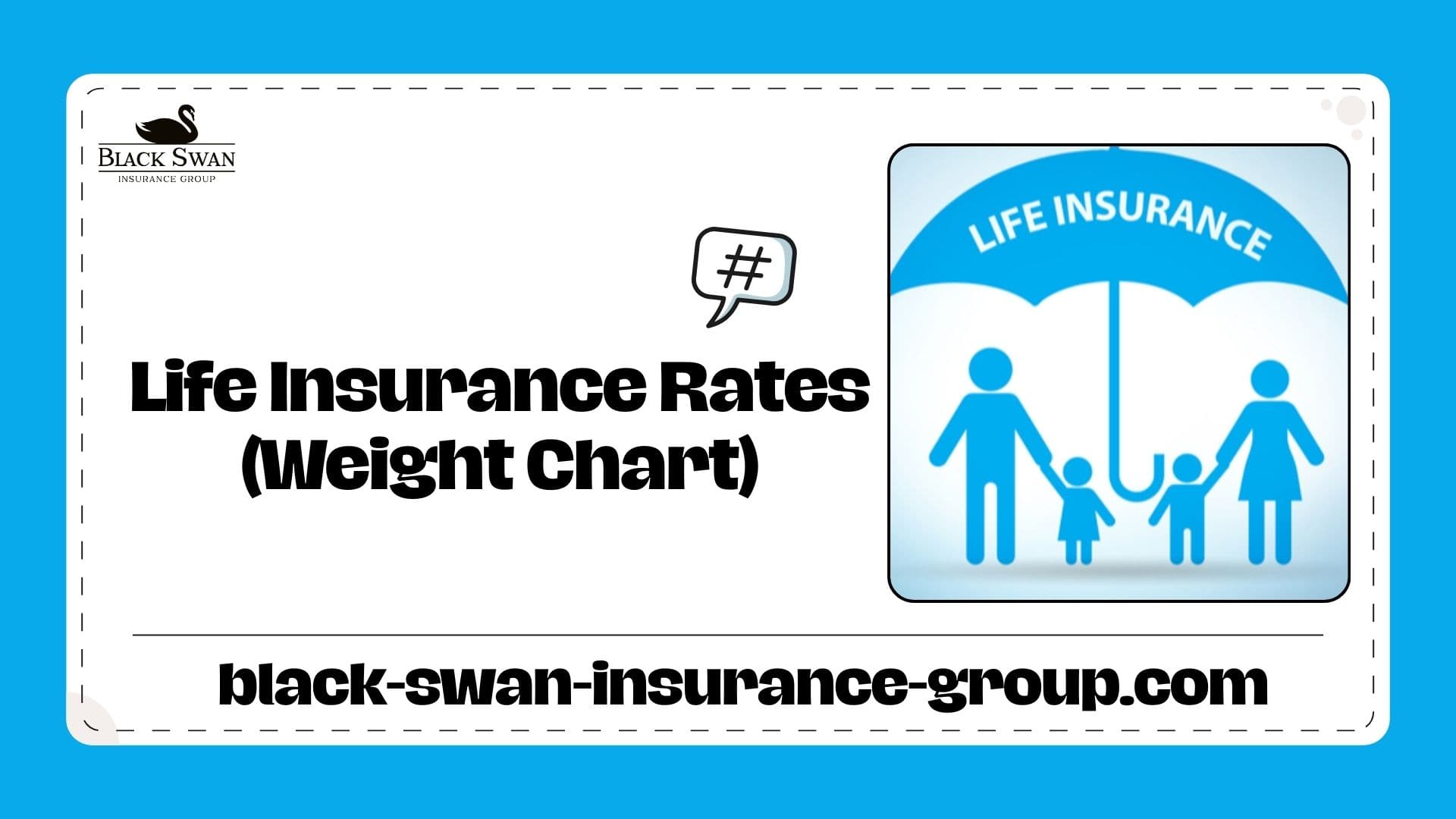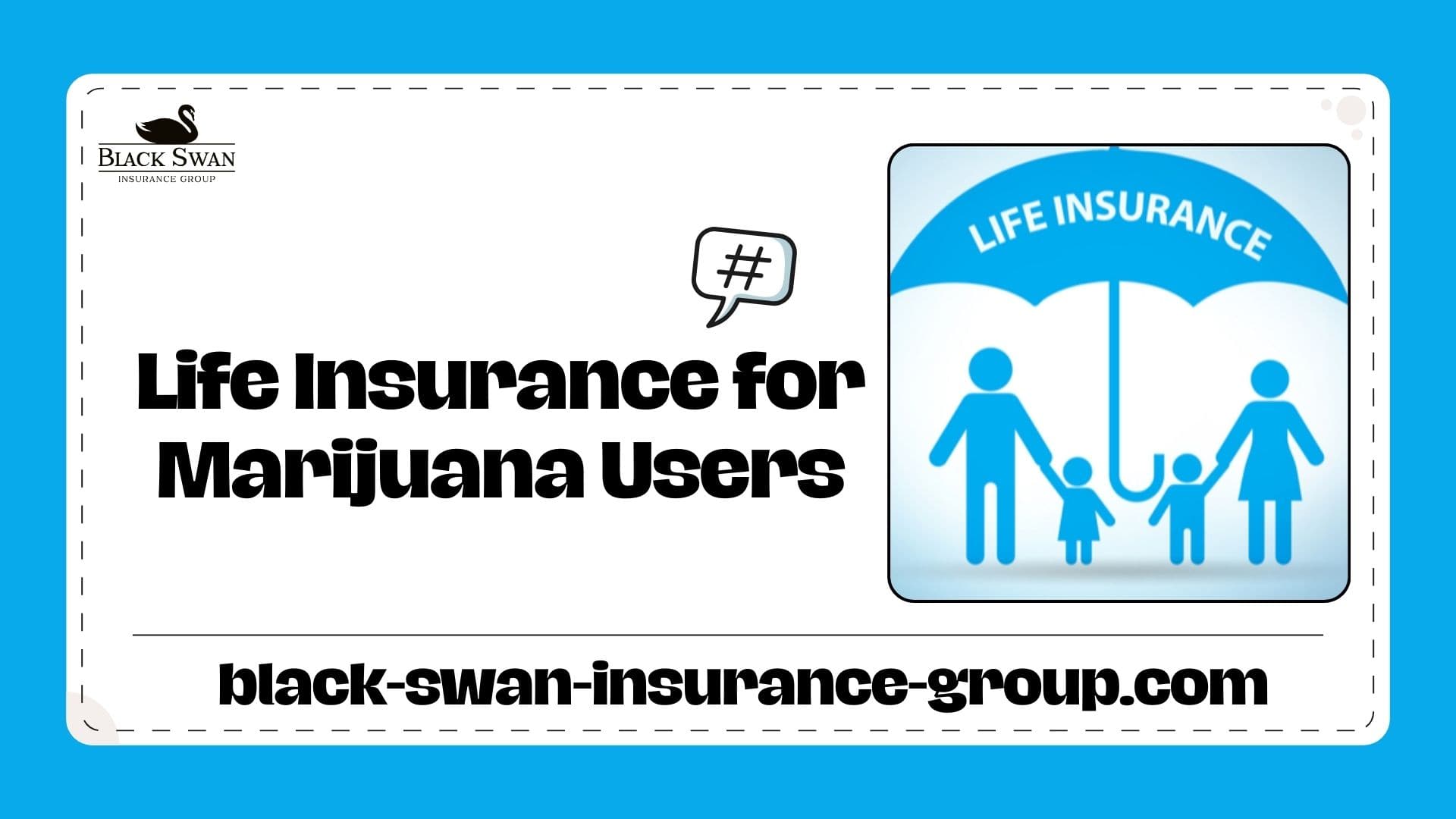Life insurance for people with HIV is now more accessible than ever, thanks to advancements in antiretroviral therapy and better long-term health outcomes. Once considered ineligible, HIV-positive individuals are now qualifying for competitive life insurance rates when their condition is well managed. Coverage options, premium rates, and eligibility will largely depend on factors such as viral load, CD4 count, treatment consistency, and overall health.
Today, insurers evaluate HIV status as part of the underwriting process, often requiring medical documentation to assess risk. However, stable health, transparency in application, and adherence to treatment significantly improve approval chances. Many applicants living with HIV are securing the coverage they need to protect their loved ones and plan for the future.
👉 Learn more from this Mayo Clinic guide on HIV management
What Is Life Insurance?

Life insurance is a financial contract between you and an insurance provider that guarantees a death benefit to your chosen beneficiaries in exchange for premium payments. It serves as an important financial tool, helping cover expenses like funeral costs, mortgages, or daily living needs. For more details, visit our What Is Life Insurance guide.
How Life Insurance for People with HIV Works
Applying for life insurance for people with HIV involves a specific underwriting process that evaluates:
- Viral load levels
- CD4 cell counts
- Treatment consistency and adherence
- Absence of opportunistic infections or co-existing conditions
Applicants with undetectable viral loads and consistent ART therapy often receive better rates. Learn about coverage options on our Types of Life Insurance page.
Types of Life Insurance for People with HIV
When considering life insurance for people with HIV, several types of policies are available:
- Term Life Insurance – Offers 10 to 30 years of affordable coverage for individuals with stable health.
- Whole Life Insurance – Provides lifelong protection with a cash value component, ideal for long-term security.
- Guaranteed Issue Life Insurance – No medical exams required; approval is guaranteed, though premiums are higher.
- Simplified Issue Life Insurance – Requires a short health questionnaire and is good for moderate coverage needs.
- Group Life Insurance – Often available through employment with minimal health requirements and limited benefits.
How to Apply for Life Insurance with HIV
To apply for life insurance for people with HIV, follow these essential steps:
- Research insurers that provide HIV-inclusive policies.
- Partner with an insurance broker familiar with high-risk applicants.
- Gather medical records: CD4 count, viral load, and treatment details.
- Submit honest and complete applications to avoid claim issues.
- Be prepared for medical exams and follow-ups.
- Review multiple quotes and compare policy features.
- Consider guaranteed or simplified issue options if traditional policies aren’t available.
How HIV Affects Life Insurance Eligibility
Your HIV status impacts eligibility based on:
- Stability of health and consistency of treatment
- Viral suppression (undetectable viral load)
- Overall medical profile
Thankfully, many carriers now offer life insurance for people with HIV under favorable terms for well-managed cases.
Tips to Improve Approval Odds
Maximize your chances of securing coverage by:
- Maintaining undetectable viral loads
- Adhering to ART treatment
- Scheduling regular medical checkups
- Working with insurers that specialize in HIV-positive applicants
How to Save on Life Insurance for People with HIV

Ways to reduce your premiums include:
- Comparing offers from multiple insurers
- Choosing simplified issue plans if eligible
- Staying healthy and consistently following your treatment plan
- Working with agents who understand your needs
Coverage Amounts and Premium Costs
Life insurance for people with HIV may include:
- Variable coverage amounts (from $25,000 to over $10 million)
- Higher premiums due to perceived risk
- Possible limitations based on age and health status
However, with proper management, many applicants still receive competitive offers.
Medical Exams and Underwriting for HIV Applicants
Expect the following assessments during underwriting:
- HIV viral load and CD4 count tests
- Hepatitis screening
- Kidney and liver function tests
- Complete physical examination
- Review of medical history and lifestyle
- Physician statements and personal interviews
Other Health Conditions That Affect Life Insurance
Aside from HIV, insurers also evaluate:
- Heart disease
- Diabetes
- Mental health disorders
- High blood pressure
- Obesity
- Respiratory illnesses
- Cancer history
Explore our Health Conditions & Insurance section to understand how these factors may impact your policy.
Why Choose Black Swan Insurance Group?
At Black Swan Insurance Group, we are experts in helping individuals find life insurance for people with HIV. With access to 20+ “A” rated carriers, personalized service, and a simplified process, we help you secure reliable coverage that fits your lifestyle and future goals.
Frequently Asked Questions
Can my policy be canceled if I’m diagnosed with HIV after purchase?
No. As long as your application was truthful, the policy remains valid even if you are diagnosed later.
Can I qualify for standard life insurance?
Yes. Many HIV-positive individuals with stable health and consistent treatment qualify for standard policies.
Are there age limitations?
Most insurers accept applicants between 18 and 65. However, eligibility narrows near the upper age limit.
Can my claim be denied due to HIV?
Only if the application contained false or omitted medical information. Always disclose your full medical history.
Let us help you secure affordable, tailored, and reliable life insurance for people with HIV.
Contact Black Swan Insurance Group today for your free consultation and personalized policy comparison.








